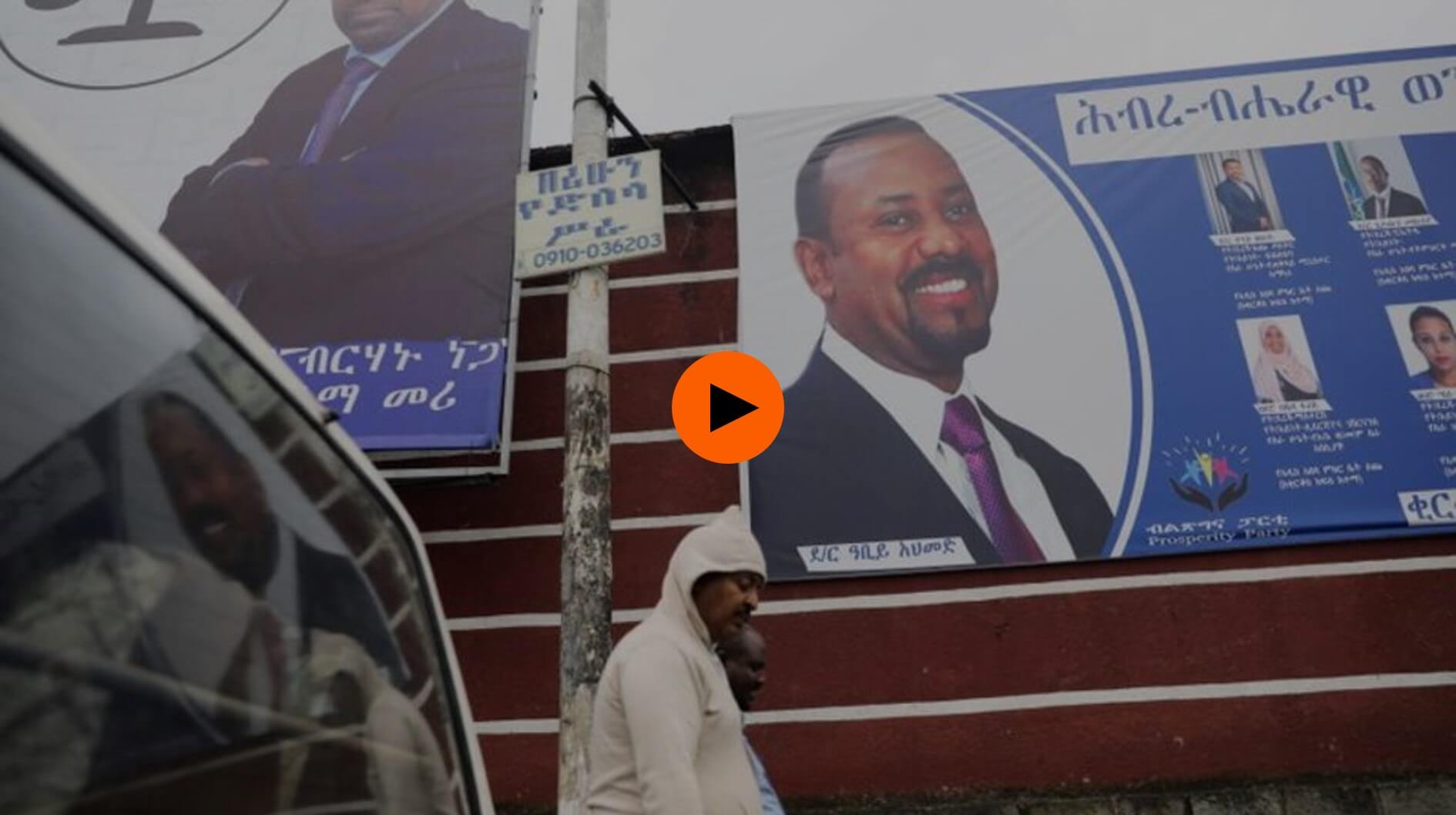
Ethiopia Prepares for Tense, Long-Delayed Elections
Ethiopia is preparing for national and regional parliamentary elections on Monday that Prime Minister Abiy Ahmed has said will be the country’s first free and fair polls after decades of repressive rule.
But voting has been delayed in 110 out of 547 constituencies because of violent conflicts and logistical problems and some opposition parties are boycotting the elections over what they describe as harassment of their members. One candidate is contesting the election from jail.
Abiy won international plaudits and a Nobel Peace Prize for democratic reforms and for ending two decades of hostilities with neighbouring Eritrea when he was named head of Ethiopia’s governing coalition in 2018. Within months of taking office, he unbanned opposition parties, released tens of thousands of political prisoners, and took steps to open up one of Africa’s last untapped markets.
He now faces mounting international pressure over a war in the northern Tigray region and accusations from rights groups that his government is rolling back some new freedoms, which it denies. Abiy’s spokesperson Billene Seyoum declined to comment.
Monday’s elections will be the first test of voter support for Abiy’s government. Abiy said on Twitter this week the polls would be “the nation’s first attempt at free and fair elections.”
Previous elections were tainted by accusations of vote rigging. In 2015, the ruling coalition and its allies won every parliamentary seat.
Some 37 million of Ethiopia’s 109 million people have registered to cast ballots, although some will have to wait until a second round of voting in September.
No date has been set for voting in Tigray, where Ethiopia’s military has been fighting the region’s former governing party, the Tigray People’s Liberation Front (TPLF), since November.

